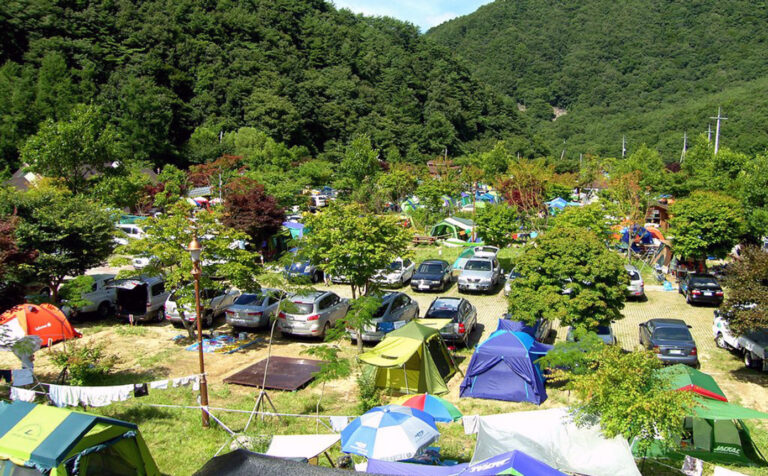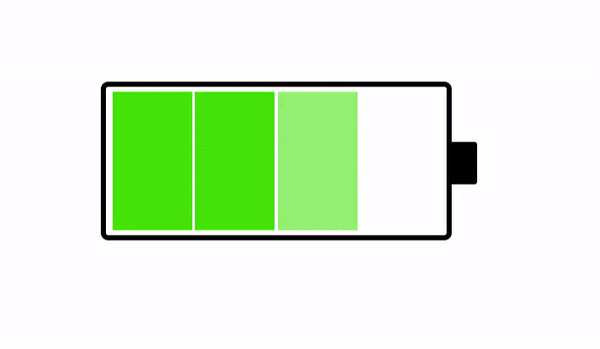The campsite business, under the Tourism Promotion Act, is one of the ‘tourist facility business. Article 2, Paragraph 1, Item (c) of the Tourism Promotion Act defines the campsite business as a ‘business that provides facilities and equipment suitable for camping and offers convenience for campers to tourists, while excluding youth campsites.’ Youth campsites are subject to separate regulations pursuant to the Youth Activity Promotion Act.
Annex 1 of the Enforcement Decree of Building Act defines the campsite as ‘camping facilities with a total floor area of less than 300 square meters used for management buildings, restrooms, showers, shelters, and cooking facilities pursuant to the Tourism Promotion Act.’ This distinguishes campsite facilities from lodging properties. Hence, a campsite is one of the lodging products that use non-lodging properties for lodging businesses.
The campsite business was legalized with the amendment of the Enforcement Decree of Tourism Promotion Act in 1988. At that time, there was an increase in travelers using cars for family trips, but a lack of suitable facilities for them. This led to the establishment of the auto campsite business, which provides facilities suitable for camping, cooking, and parking for travelers using cars. In 2015, the general campsite business was added, and together with the existing auto campsite business, they are collectively referred to as the campsite business. The current Article 2, Paragraph 1, Item (c) of the Enforcement Decree of the Tourism Promotion Act subdivides the campsite business as follows:
- General Campsite Business: A business that provides space for installing camping equipment and includes facilities suitable for camping, available for tourists.
- Auto Campsite Business: A business that provides space for parking cars and setting up camping equipment next to them, and includes facilities suitable for cooking and other activities, available for tourists using cars.


